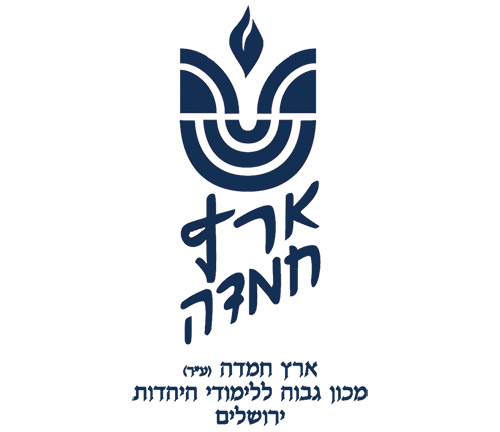
A friend of mine always eats dessert after Birkat Hamazon in order to avoid questions about whether he should make a bracha on dessert. Is that appropriate?
The practice of having dessert after Birkat Hamazon has various consequences. It can create a bracha rishonah in cases that do not warrant them during the meal. After most desserts, there is a bracha achrona after Birkat Hamazon, and not before it (see Shulchan Aruch, Orach Chayim 177:2).
First, we will look at whether this system could be halachically justified. A bracha levatala (a bracha said in vain) is when a bracha is either recited at a time/circumstance when it was not called for or was done in a critically flawed manner. There is a machloket whether this is a Torah-level (Rambam, Brachot 1:15) or rabbinic prohibition (Tosafot, Rosh Hashanah 33a). A lower level problem is what we call bracha she’eina tzricha—a bracha that was called for at the time it was made, but one should not have put himself in that position.
The main Talmudic source for it is an opinion (Yoma 70a) that explains that in the kriat haTorah in the Beit Hamikdash on Yom Kippur, they did not use a second sefer Torah because the switch of seforim would have required another Birkat HaTorah, when this was not justified. The Orchot Chayim (Brachot 15) is one of the sources that apply it to brachot on food, in an almost identical case to ours—Birkat Hamazon before finishing eating, in order to make a bracha thereafter.
However, as the term “she’eina tzricha (unnecessary)” implies and the Orchot Chayim (ibid.) states, the problem is only when the additional bracha is created for no good reason. When—in contrast—there is a need for his actions, the bracha is not considered unnecessary. What qualifies as a reason? There is a machloket if one may make more brachot than should have been necessary, in order to help get to the quota of 100 brachot each day (see Rambam, Tefilla 7:14-16 with Lechem Mishneh; Orchot Chayim ibid.).
The Shulchan Aruch (Orach Chayim 174:4) comments that it is a safek whether one who wants to drink wine at a meal right after drinking Havdala wine needs to make another bracha. He rules that he does not make the bracha—out of doubt—but recommends having in mind when making the bracha during Havdala not to exempt the later wine, thereby justifying the second bracha. The Pri Chadash (Yoreh Deah 19:8) says that while one should not break a string of shechitot—which might stop the efficacy of the bracha toward subsequent shechitot—since, there would be a safek if a new bracha is required, one should intend that his initial bracha not extend to shechitot occurring after speaking. In other words, while needlessly setting up the need for a bracha is wrong, the desire to not be in a situation of a bracha’s lack due to safek justifies it.
In fact, the Ohr L’tzion (II, 12:10), in the case of a certain dessert in which it is unclear whether it requires a bracha rishonah, recommends eating it only after Birkat Hamazon. So, there is room to entertain your friend’s system. However, we do not recommend your friend’s system, at least not broadly. If the halacha is clear, whether to make or not to make a bracha, the suggested system—obviating the need to learn the halacha—is unfortunate. It is much better to learn halachot than to avoid the situations to which they apply.
One of the major reasons to learn Torah is to get things exactly correct! This is especially so by brachot, where preciseness is valued (see Berachot 38a). That is why the poskim discuss all sorts of dessert foods and scenarios and rarely, if ever, give this solution. For example, regarding a dessert cake, we do not make a bracha only due to the possibility that the cake counts as bread (Bi’ur Halacha to 168:8), and the poskim—by and large—do not recommend bentching first to remove doubt.
Furthermore, in cases which do not include doubt, an extra bracha is a bracha she’eina tzricha. Only in unusual cases (e.g., one with memory problems), which should be discussed with a rav, might make use of this system broadly be justified.
Rabbi Mann is a dayan for Eretz Hemdah and a staff member of Yeshiva University’s Gruss Kollel in Israel. He is a senior member of the Eretz Hemdah responder staff, editor of Hemdat Yamim and the author of “Living the Halachic Process, Volumes 1 and 2” and “A Glimpse of Greatness.”











